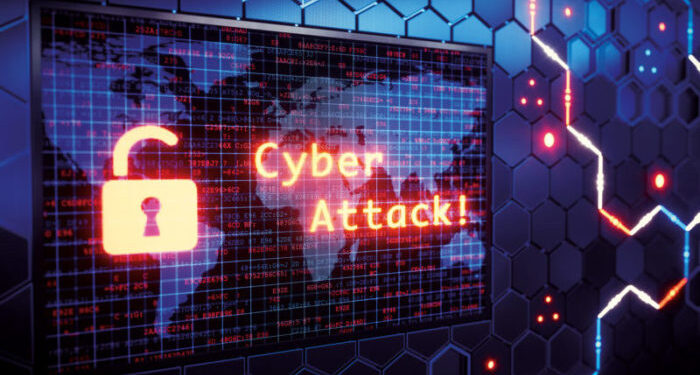Naval Dome CEO, Itai Sela, says that the recent cyber attack against Cosco is worrying. Mr. Sela noted that despite the fact the company took precautionary measures, it must make sure that the attack has indeed been contained.
On July 24, Cosco’s operations in the US were hit by a cyber-attack. As a result its daily operations in the US were affected. The company’s operations outside the US are not affected, according to reports, while terminal operations are continuing unaffected.
[smlsubform prepend=”GET THE SAFETY4SEA IN YOUR INBOX!” showname=false emailtxt=”” emailholder=”Enter your email address” showsubmit=true submittxt=”Submit” jsthanks=false thankyou=”Thank you for subscribing to our mailing list”]
This development worried Naval Dome’s CEO, Itai Sela, who said that this kind of attack could cause serious damages and can be very costly, “especially in terms of insurance.”
In order to prevent the attack from spreading, Cosco took precautionary measures by shutting down its connections, however, Mr. Sela mentioned that:
Ships are not islands, they are not self-contained units. This is a mistaken belief. Shore- and ship-operations are cyber-connected.
For this reason, Naval Dome’s CEO urged Cosco “to thoroughly verify the breach has been contained and has not infected any ships in the COSCO fleet.”
According to sources, the cyber-attack affected only Cosco’s operations in the US, and not those outside the country. In addition, ships and terminal operations are continuing without any problems.
Nevertheless, this attack along with the attack against Maersk last year can provide valuable lessons to be learned, so that operators take immediate and effective protection.
Regulators need to implement workable rules and guidelines to help this vitally important global industry defend itself properly.
Itai Sela concluded.
































































Although I only have sixty vessels experience, in the role of Team Leader Armed anti piracy. I personally think a highlighted weakness i experienced whilst working on the bridge 8 hours daily, was the fact that practically every vessel ships computers were riddled with viruses ? overall – this very much slowed down electronic processes and communication onboard. I got the impression that either the vessel owners did not think this was an important part of operations and or the lack of interest and upkeep of the systems seemed evident on virtually every vessel. So how then do the vessels computers become infected, ships personnel are truly international, and so are their hard / pen drives ? these are used to swap films other movie clips porn etc this information is stored or used temporarily on the ships computer ?? Yes I know this is not or should not be allowed never the less is goes on, i can assure you, if not the ships computer then via the crew P.C Terminals. You then have international hackers that also want to and actively disrupt well known leading shipping brands names, highlighted most recently where this particular shipping company had to shut down all its systems. Whilst this was eventually contained, the financial implications must have been huge. Their needs to be more effort and commitment from the top down in every shipping organization including onboard, to include captains down to O.S / cadet. from the director through too the c.s.o of every shipping company should regularly test electronic security, to include virus detection / electronic security breaches / update security software REGULARLY ? Passwords changed Regularly, test electronic security protocols Regularly. I.T Criminals are ever evolving and so must you ?